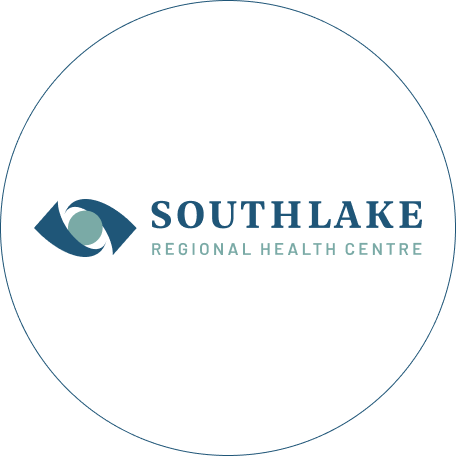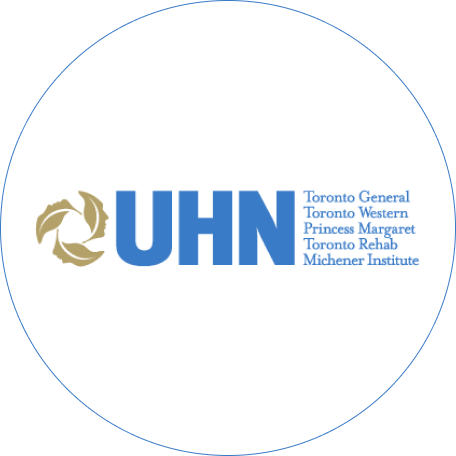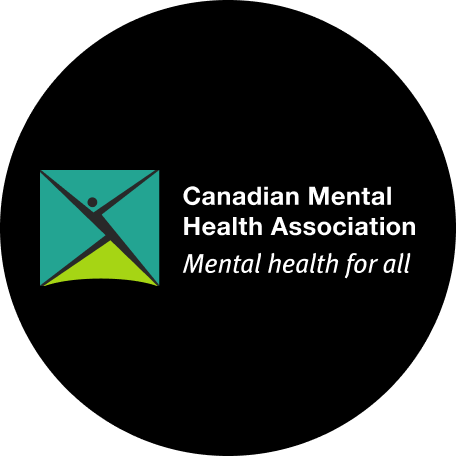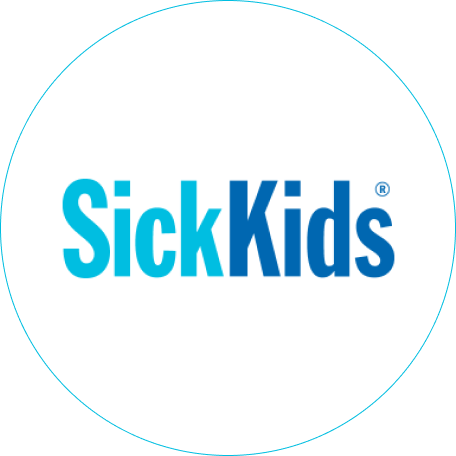Past Programs
Public Program Grants (2017-2020)
WaterStone Foundation has provided 7 grants to expand capacity and improve treatment outcomes at publicly funded institutions.
Through these grants, WaterStone worked collaboratively with a range of publicly funded programs to expand treatment capacity, pilot new initiatives, and provide funding to individuals in need. Examples of programs we funded include:

Funding the Multi Family Group Therapy Program in Partnership with Southlake Regional Health Centre
This group provides critical treatment which simultaneously supports multiple families with children at different stages of recovery. This approach allows for a reduction of wait times (by over 29%!) and ensures quick, efficient delivery of treatment. Dr. Boachie of Southlake Regional Health Centre shares that WaterStone’s funding “has provided access to this specialized program for 31 families, approximately double the number that would be usual.”

Supporting Patients with Co-current Conditions in Partnership with Toronto General Hospital and Toronto Western Hospital
Eating disorders are often accompanied by other health conditions, including addiction and trauma. Studies find that 35-40% of patients suffering from eating disorders also suffer from current or past post-traumatic stress disorder (PTSD). WaterStone funded the development of a PTSD program at Toronto General Hospital, which enables the hospital to “build and strengthen the types of treatment and programs we offer,” according to Dr. Trottier and Dr. Olmsted of the Eating Disorder Program

Supporting the “Day Program” in Partnership with Children’s Hospital of Eastern Ontario (CHEO)
When WaterStone Foundation learned that funding for CHEO’s successful “Day Program” would be cut, we sprang into action. Statistics showed that extending the program to cover dinner was essential for patient success. “The generous funding provided by WaterStone Foundation allowed the Day Treatment Eating Disorder Program to expand our services to a model whereby meal and psychological support are now offered throughout the entire day,” CHEO shares, adding that “funding has been paramount in helping better serve the needs of patients and families affected by life-threatening eating disorders.”

Providing “Step-Down” community support in partnership with CMHA London, Ontario
The Eating Disorders Transitional Supportive Housing Program provides a home in the community of London for individuals completing or who have completed treatment for an eating disorder and who are in need of further support to practice their skills learned in treatment in a normalized setting. The program includes evening support staff who would provide at a minimum; meal support as needed, support with grocery shopping and support with referrals to community agencies, schools and employment as needed. London Health Science Centre Adult Eating Disorder Program will work collaboratively with CMHA Middlesex to support the needs of mutual clients.

The Hospital for Sick Children
WaterStone Foundation’s funding to Sick Kids Hospital provided the development and evaluation of a transition program for young adults being treated in the Eating Disorders Program. The goal was to develop programming for 16-17-year-olds and their families to increase readiness for transition and adherence to health care services post-transition. With increasing the rate of a successful transition from pediatric to adult care services, the individual’s long-term outcomes are improved.
What you need to know. An introduction to Family Based Treatment
Financial Aid Program (2014 – 2022)

Since our founding, WaterStone Foundation has provided funding to who cannot access treatment in the public system and do not have the financial means to access private treatment. To date, we have provided financial assistance to 44 individuals.
WaterStone worked closely with private clinics and therapists that provide specialized eating disorder treatment. Grant recipients were able to work with the therapist of their choosing and have the cost of therapy subsidized by WaterStone Foundation. In many cases, these grants enabled individuals to receive treatment that would otherwise have been out of reach. Many thanks to the many therapists and clinics who participated in this program.
“You will never truly understand how much this support means to me. Of course, the financial piece is without saying truly a blessing to my daughter, and I have been on her recovery journey for over 5 years now.”
Parent, WaterStone Grant Recipient

